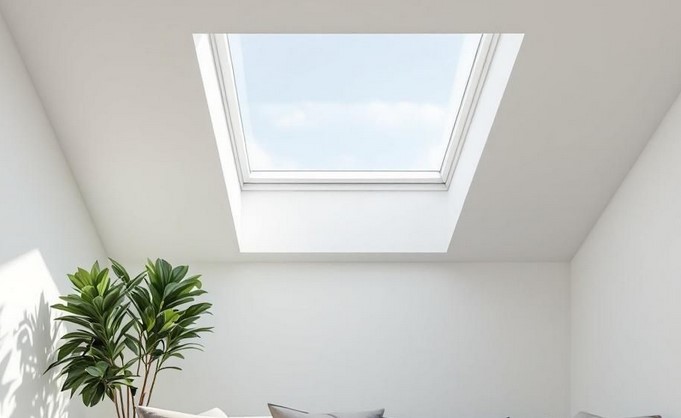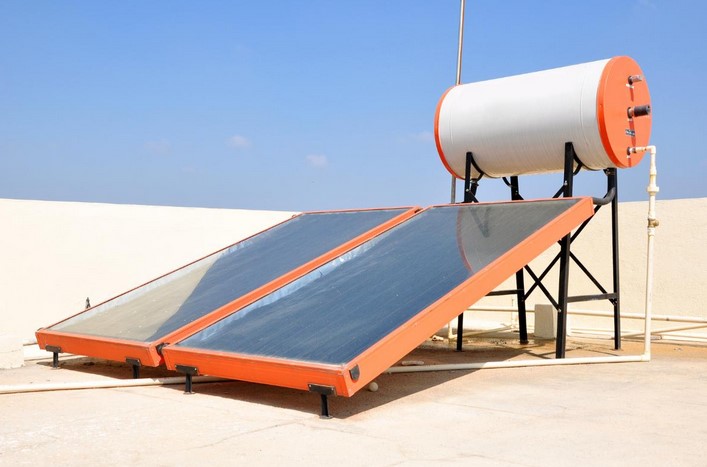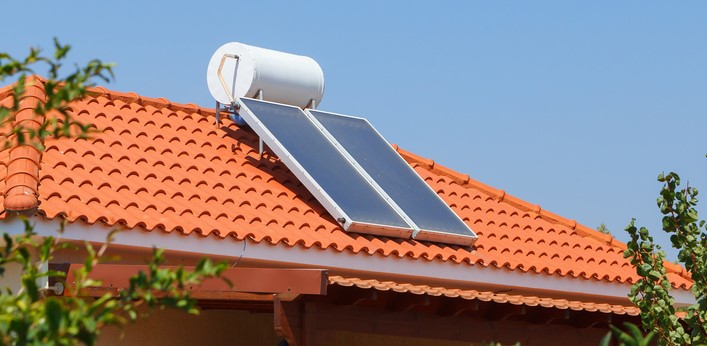
Source:https://vividskylights.com.au
Skylights are a fantastic way to bring more natural light into your home, brightening up spaces and reducing the need for artificial lighting during the day. However, many homeowners are often concerned about energy efficiency, especially when it comes to heating and cooling costs. This is where energy-efficient skylights come into play. These advanced skylights are designed to minimize heat loss in the winter and keep your home cooler in the summer, all while providing an abundance of natural light. In this article, we will explore the benefits of energy-efficient skylights, their features, and how they can improve your home’s comfort while lowering energy bills.
1. Understanding Energy-Efficient Skylights
Energy-efficient skylights are specifically designed to improve the energy performance of your home by allowing natural light to flood your interiors without compromising temperature control. Unlike traditional skylights, which can be prone to leaks or heat transfer, energy-efficient skylights are built with advanced insulation and materials that prevent heat loss and keep indoor temperatures more consistent.
How Do Energy-Efficient Skylights Work?
The key to energy-efficient skylights lies in their construction. These skylights are typically made with high-performance glazing that reduces heat transfer. In colder months, the special coatings on these windows help keep the warmth inside, while in warmer months, they block excess heat from entering, keeping your space cooler. Some models even feature Low-E (low emissivity) glass, which is designed to reflect infrared light, further improving their thermal efficiency. These features work together to create a more comfortable indoor environment and reduce the strain on your home’s heating and cooling systems.
Moreover, modern energy-efficient skylights are often equipped with airtight seals and superior weatherproofing technology to prevent drafts and moisture infiltration. This not only keeps your home’s temperature stable but also helps protect the structure from water damage.
2. The Benefits of Installing Energy-Efficient Skylights
There are several compelling reasons to consider upgrading to energy-efficient skylights. Whether you’re motivated by sustainability goals, reducing energy bills, or enhancing the overall look of your home, these skylights offer numerous advantages:
1. Natural Light and Health Benefits
The most obvious benefit of installing energy-efficient skylights is the influx of natural light. Exposure to natural sunlight has been shown to improve mood, increase productivity, and even enhance sleep quality by regulating circadian rhythms. By reducing your dependence on artificial lighting, energy-efficient skylights also help create a more vibrant, pleasant atmosphere in your home.
2. Lower Energy Bills
One of the most attractive features of energy-efficient skylights is their ability to reduce energy consumption. Traditional skylights can sometimes lead to excessive heat gain in the summer and heat loss in the winter, causing your air conditioning and heating systems to work harder. With energy-efficient skylights, you can enjoy natural light without the downside of fluctuating indoor temperatures. Over time, the energy savings can offset the initial installation cost, making them a wise long-term investment.
3. Improved Comfort and Temperature Regulation
With their advanced glazing technology and superior insulation, energy-efficient skylights help maintain a consistent temperature in your home. They help trap warm air inside during the colder months and block heat from entering your home during hot weather. This reduces the strain on your HVAC systems and ensures your home stays comfortable year-round.
4. Environmental Benefits
By reducing your home’s energy consumption, energy-efficient skylights also help lower your carbon footprint. The more energy-efficient your home is, the less you rely on electricity generated from fossil fuels, which contributes to a reduction in greenhouse gas emissions. Choosing eco-friendly building materials and energy-saving features like skylights is an important step toward a more sustainable and environmentally responsible lifestyle.
3. Key Features to Look for in Energy-Efficient Skylights
When shopping for energy-efficient skylights, there are several important features to consider to ensure you get the best performance for your home.
1. Glazing Options
The type of glazing used in the skylight is a critical factor in its energy efficiency. Many energy-efficient skylights come with multiple layers of glass, often with a gas fill such as argon, which helps to improve insulation. Low-E glass is also common, as it reflects infrared light and reduces the amount of solar heat entering your home while still allowing visible light to pass through.
2. Insulation and Frames
The frame material of the skylight can also impact its energy efficiency. Skylights with insulated frames prevent the transfer of heat from the outside to the inside, helping maintain the temperature inside your home. Common frame materials include wood, which has excellent natural insulating properties, and vinyl, which is durable and low-maintenance.
3. Ventilation Options
While many energy-efficient skylights are fixed, there are also vented models that allow for airflow. Vented skylights can help regulate temperature and air circulation by allowing warm air to escape through the roof, making them especially beneficial in homes with high ceilings or upper floors that tend to trap heat. By enhancing air circulation, these skylights improve overall comfort and reduce the need for air conditioning during the warmer months.
4. Size and Placement
The size and placement of your skylights are also important factors to consider. Larger skylights provide more light, but they can also cause more heat transfer. A well-placed skylight, designed to capture light at optimal angles, will ensure maximum natural light without excessive heat gain. It’s important to consult with a professional to determine the best location and size for your skylights based on your home’s layout and climate.
5. UV Protection
UV rays from the sun can cause damage to your furniture, flooring, and artwork. Many modern energy-efficient skylights come with UV-resistant coatings to protect your interior from fading and deterioration. This added protection ensures that your home stays beautiful and your belongings remain in good condition.
Energy-efficient skylights are an excellent way to bring the benefits of natural light into your home while also enhancing energy efficiency. By utilizing advanced materials, coatings, and design features, these skylights offer a practical solution for homeowners who want to reduce their energy bills and environmental impact without sacrificing comfort or style. Whether you’re renovating an existing space or building a new home, energy-efficient skylights provide a sustainable and aesthetically pleasing way to light up your interiors. So, if you’re looking for a simple yet effective way to save energy while brightening up your living space, energy-efficient skylights are an investment you won’t regret.


